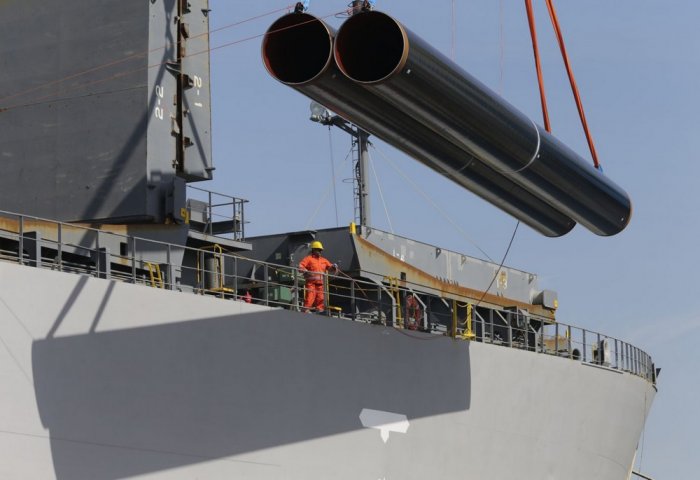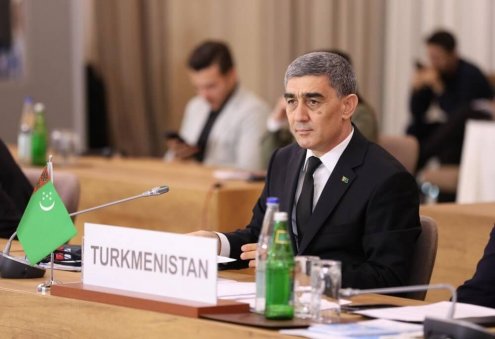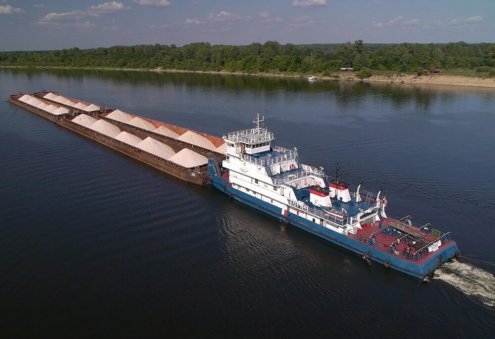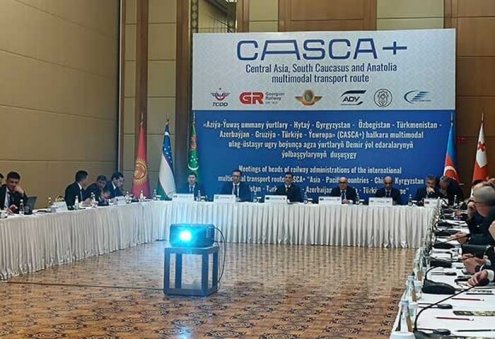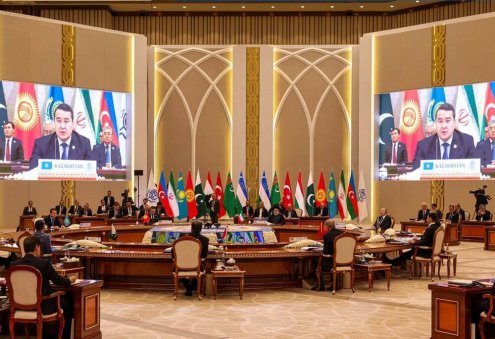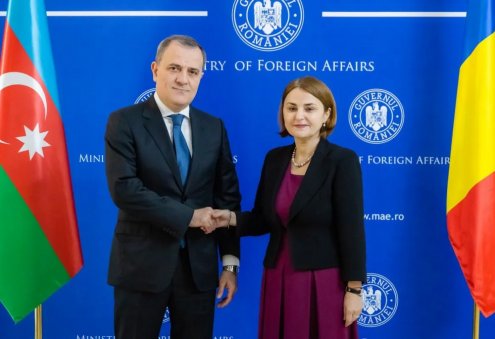Turkmenistan has reaffirmed its commitment to the construction of the Trans-Caspian gas pipeline, which will bring natural gas to European markets via the Caspian Sea, the Ministry of Foreign Affairs of Turkmenistan stated in its press release on Monday.
The Ministry emphasizes that international media have recently intensified views on this project, which will allow exporting of Turkmen natural gas to Western markets and points to the need for an objective approach to this issue taking into account specific facts.
Interests of all parties
The idea of building the Trans-Caspian gas pipeline put forward by Turkmenistan is considered by Ashgabat not only as an economically and commercially profitable project but also as an important one for diversifying energy routes and ensuring global energy security, taking into account equally the interests of producers, consumers, and transit countries. The Ministry of Foreign Affairs of Turkmenistan notes that all parties involved in the implementation of the project agree with this notion.
In May 2008, Turkmenistan and the European Union signed a Memorandum of Understanding on energy cooperation in Ashgabat. At Turkmenistan's initiative, the UN General Assembly in 2008 and 2013 adopted two resolutions on "Safe and stable transit of energy resources and their role in ensuring sustainable development and international cooperation".
With the help of such specific international legal documents, Turkmenistan has made efforts to create the necessary political, financial, and organizational conditions for the practical implementation of the Trans-Caspian gas pipeline project. To this end, a trilateral cooperation mechanism was established with the participation of the heads of the energy agencies of Turkmenistan, Azerbaijan, and the European Union.
Constant progress
The European Union also established the Caspian Development Corporation with the participation of European energy companies, banks, and other financial institutions to establish systemic cooperation in the export of Caspian energy resources to Western markets. The Trans-Caspian gas pipeline was also noted as one of the most reliable projects of the European Union.
Overall, the Turkmen Foreign Ministry notes that cooperation on the construction of the Trans-Caspian gas pipeline is progressing steadily and practically with international political and functional support.
The Convention on the Legal Status of the Caspian Sea, adopted in 2018 by the littoral states of the Caspian Sea, is the main document enshrining the legal norms of this project.
According to the statement, the construction of the Trans-Caspian gas pipeline is directly related to the identification and mapping of the border between Turkmenistan and Azerbaijan along the Caspian Sea bed. Turkmenistan believes that there are no political, economic, or financial obstacles to the construction of this gas pipeline.

